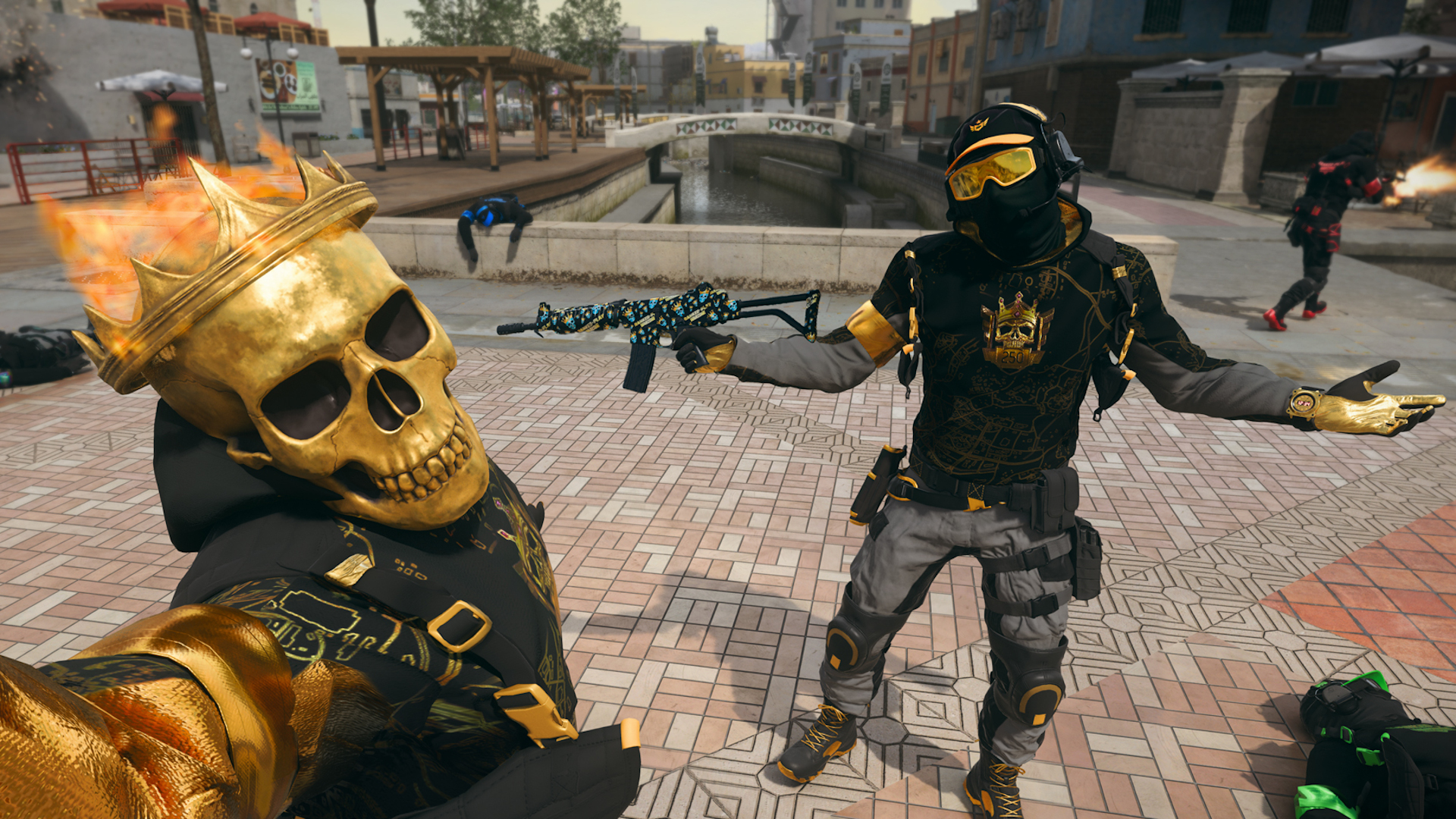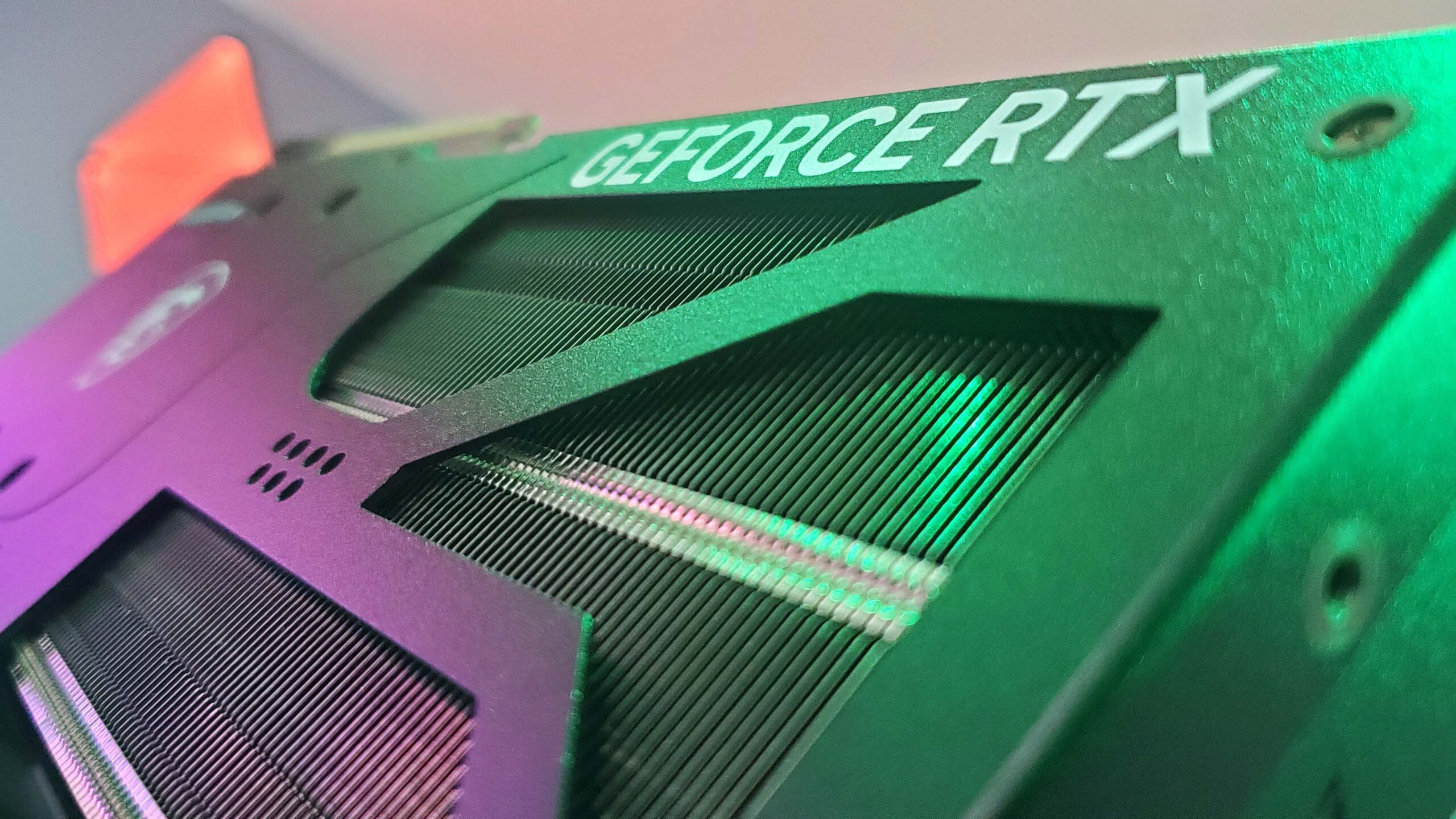Giving up freedoms and privacy for a mirage of promised safety is very 1990s-coded. So, with this in mind, it seems like an apt moment to talk about Ricochet’s continued struggles with the 1991 period piece Call of Duty: Black Ops 6.
Players have a pretty rocky relationship with Activision’s anticheat software—mostly thanks to its kernel-mode driver, which gives the publisher the ability to access any bit of memory on your PC. But Call of Duty players were too tired of cheaters to protest against it when it was first released.
Since then, Activision has had lofty expectations of Ricochet, but it’s never really been able to live up to them. In the first few weeks of Black Ops 6, Activision promised Ricochet would be able to “catch and remove cheaters within one hour of them being in their first match”. This aim hasn’t been achieved yet, but Ricochet has still improved somewhat. Activision reported it has “stood up strongly against cheaters,” with its behavioural mode categorising over 4.4 million data points per hour at its peak to then analyse for anomalies and possible cheating.
Team Ricochet also recently gave players an update concerning the ongoing work to combat cheating in ranked play. “AI systems continue to ramp up with code optimisations to accelerate enforcements. Over 19,000 ranked play bans since the mode launched. Hourly sweeps to remove cheaters from the ranked play mode and leaderboard. Thanks for your patience as our team continues to fight against cheaters.”
This work is all better than nothing, but three years into Ricochet’s life, some players are asking for more. “But shadowbans still exist,” a player replies. “Only normal players suffer from this. Hackers simply create a new account.” Shadowbans are only temporary but are still frustrating for people falsely accused of cheating—usually by players who just enjoy messing others around—because it’ll put them in a limited matchmaking pool with other suspected cheaters or just bar them from any matches altogether.
Regulating Call of Duty cheaters is a tough business to be in—they’re pretty persistent—but it does feel like Ricochet is barely keeping up. Every few months, we hear of a new ban wave with leaderboards getting purged, and despite this, it never feels like cheater populations are on the decline—but I could also just be incredibly unlucky.
Even with all of these problems, Ricochet has proven to be capable of some truly funny antics. One old punishment saw Ricochet deploy psychological warfare by plaguing hackers with hallucinations. These decoy characters could only be detected by cheaters and served to “disorient cheaters in a variety of ways.” Honestly, I can almost live with getting jumped by hackers in almost every match if Ricochet carries on with these kinds of mind games, it seems like a pretty even and funny tradeoff.











